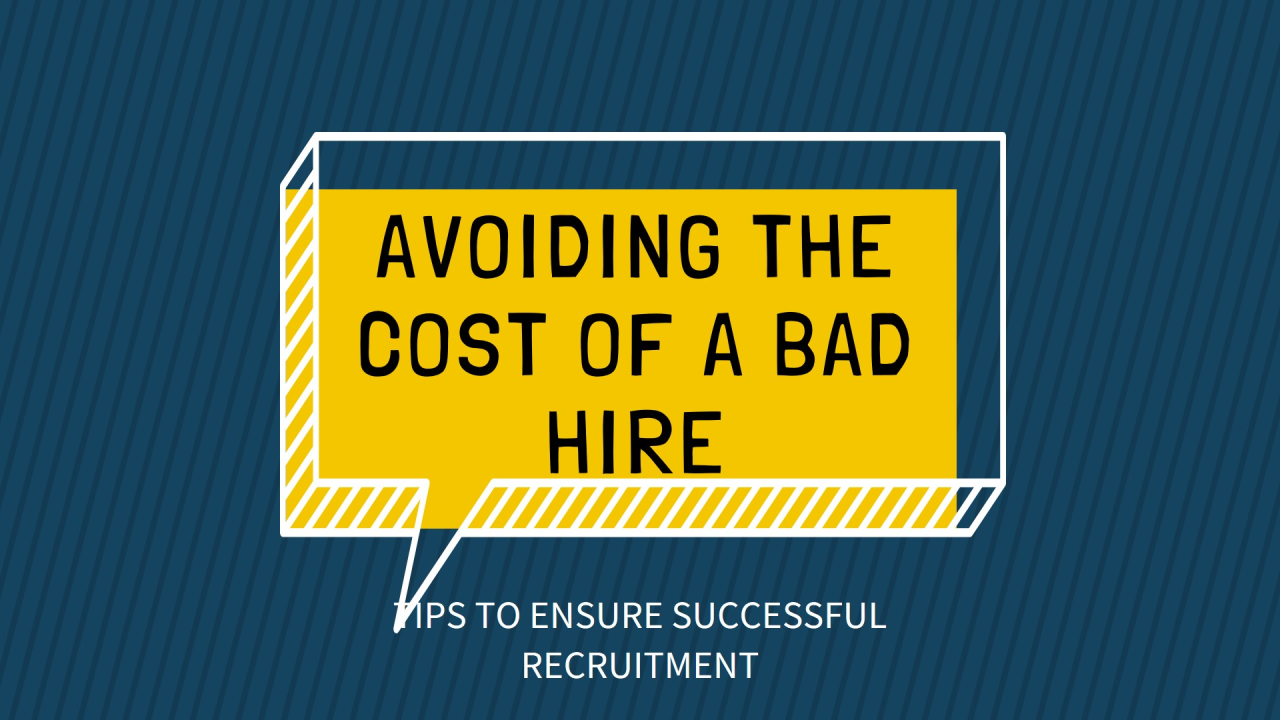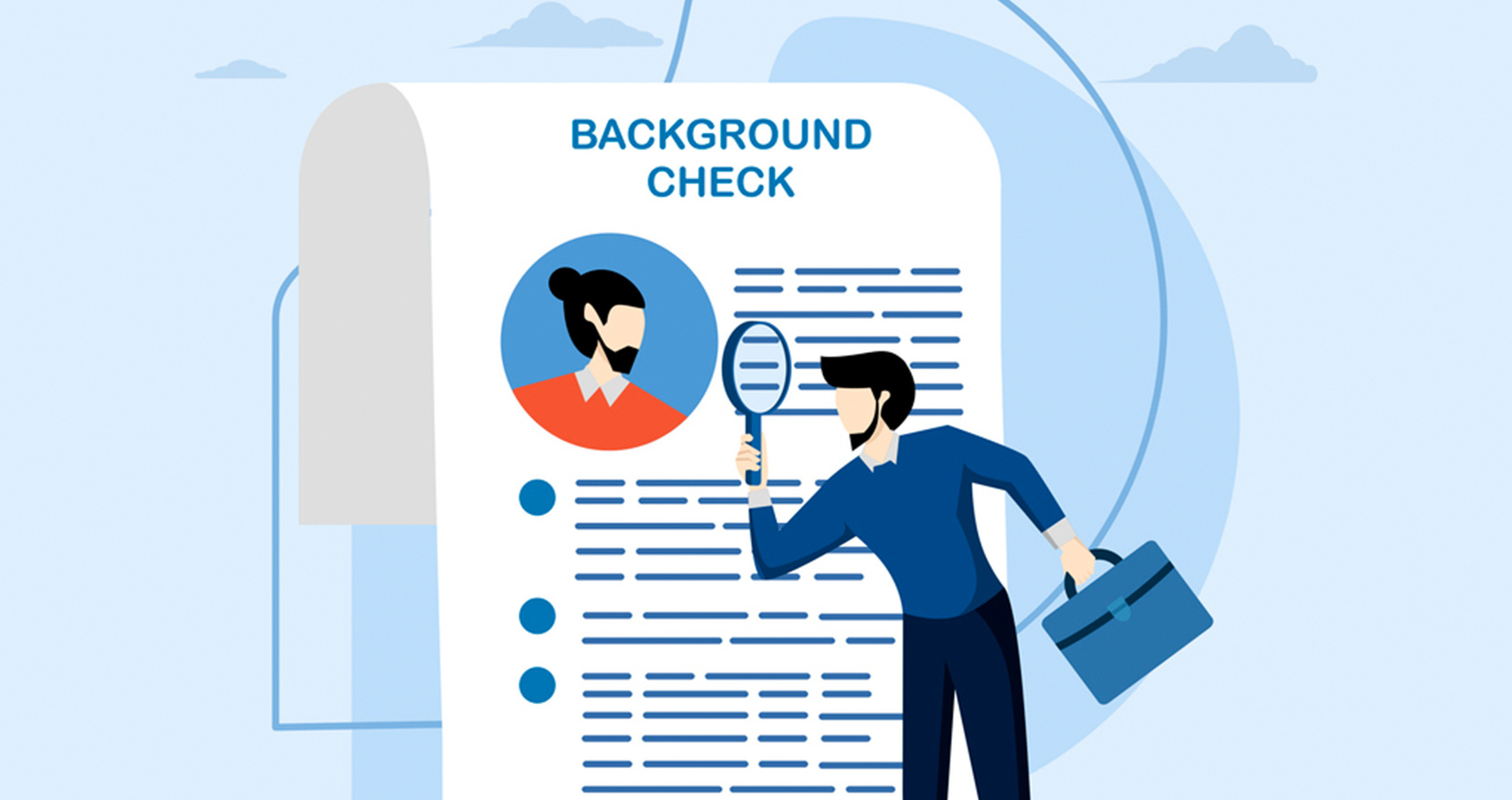Ohio employers are required to conduct background checks on potential employees as part of the employment verification process. Background checks are conducted to verify the accuracy of candidate information provided on their resumes, applications, and during interviews. The purpose of these checks is to ensure that job candidates have the necessary qualifications, skills, and experience to perform their job duties and responsibilities effectively. Ohio background checks can include criminal records, credit history, driving records, and education and employment verification.
Background checks in Ohio are governed by state law. Employers must comply with state and federal laws governing employment verification checks to avoid legal liability. Ohio law requires employers to obtain written consent from job candidates before conducting background checks. HireShield’s background check authorization form can be found here. Employers must also provide a copy of the background check report to candidates if they decide not to hire them based on the results of the report.
Criminal history is the most common type of background check conducted by Ohio employers. The Ohio Bureau of Criminal Investigation (BCI) provides criminal record checks for employers. The BCI maintains a database of criminal records from county courts across the state. Employers can request a name-based or fingerprint-based criminal background check from the BCI. Name-based checks rely on a candidate’s name, date of birth, and social security number to identify criminal records. Fingerprint-based checks are more reliable but also more expensive.
Employment verification is another essential aspect of background checks in Ohio. Employers can verify a candidate’s employment history by contacting previous employers listed on their resume or application. Employers can also use third-party verification services to conduct employment verification checks. Education verification is also vital for certain jobs that require specific degrees or certifications.
In conclusion, employment verification checks in Ohio are essential for ensuring that job candidates have the necessary qualifications and experience to perform their job duties effectively. Ohio law requires employers to conduct background checks in compliance with state and federal laws to avoid legal liability. Criminal records, employment history, and education verification are critical components of background checks in Ohio. Employers can conduct these checks themselves or use third-party verification services to ensure accuracy and compliance with state and federal laws.




